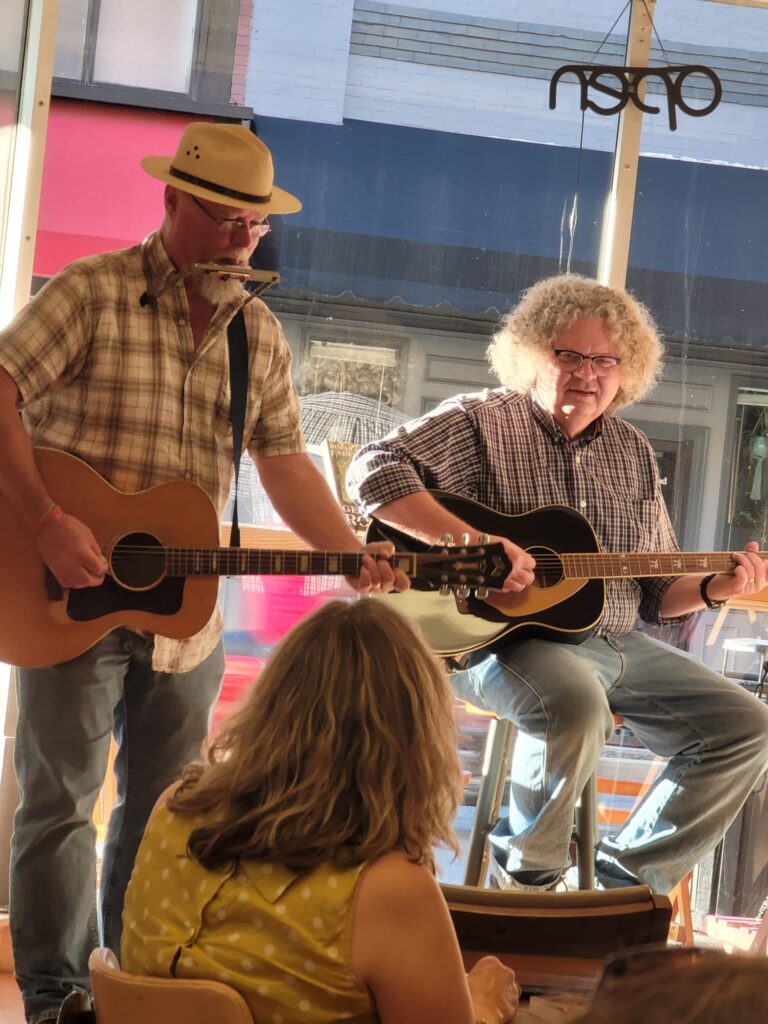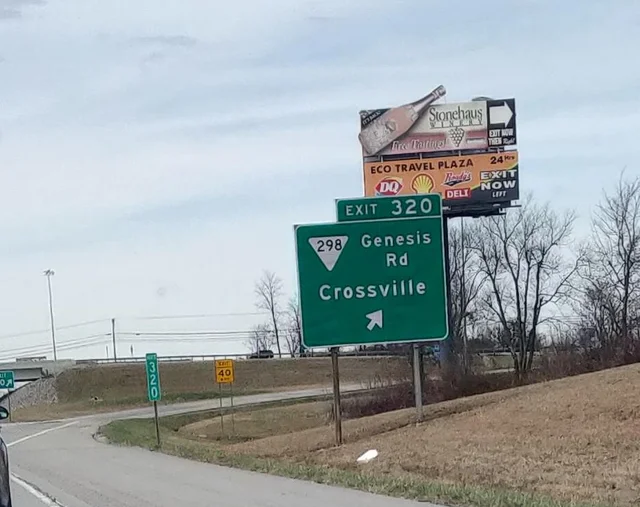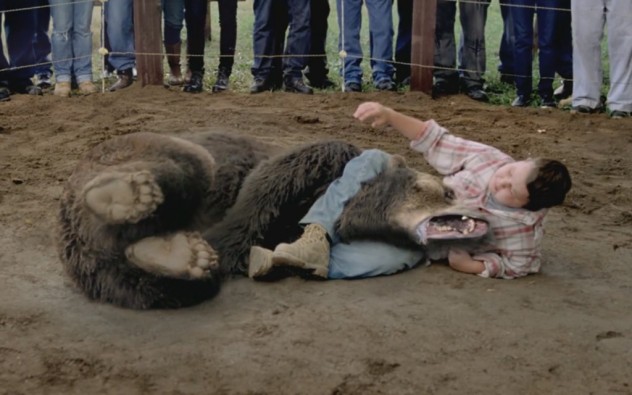So, I’ve set up a monthly blogging schedule that I’m trying to adhere to as a minimum of activity here at Words & Music by. . . . It goes like this:
- Every 1st Wednesday is writing about writing – book reviews and such
- Every 2nd Monday is a miscellany – whatever I feel like writing or thinking about
- Every 3rd Saturday is for song stories
- Every 4th Tuesday is my political musings
Today is the 4th Tuesday, so I’m thinking about this world. . . .
I’ve lived in the United States of America for nearly sixty-four years now, and I’ve been reading and teaching American writing and thinking — particularly from its beginnings through the end of the 19th century — for more than twenty-five of those years.
My American lit surveys–particularly the sophomore-level general education version–begin with indigenous creation stories and trickster tales before moving to the letters of Cristoforo Colombo, i.e., Christopher Columbus. From there, it’s on to the writings of Bartolomé de Las Casas and the American Puritans (including those we typically style as “Pilgrims”). My students and I then read from the seventeenth, eighteenth, and early nineteenth centuries, usually winding up with poets Walt Whitman and Emily Dickinson.
Having gone through some portion of these writings–in both undergraduate and graduate courses–every semester for, again, more than twenty-five years, I have come to believe that the one consistent American experience is that of decay.
Decay in all its not-so-varied noun and verb meanings:
- to decline in health, strength, or vigor
- to fall into ruin
- to decline from a sound or prosperous condition
- rot
- gradual decline in strength, soundness, or prosperity or in degree of excellence or perfection
- destruction, death [Merriam-Webster identifies this meaning as “obsolete,” but I think we have a good shot at bringing it back]
At one point in the first letter of discovery that Columbus sent back to the rulers on Spain in February of 1493, he writes, “Española is a marvel.” “Española” is the island that these days holds the countries of Haiti and the Dominican Republic. Then, just over ten years later, again writing to Spain, Columbus writes,
Of Española, Paria, and the other lands, I never think without weeping. I believed that their example would have been to the profit of others; on the contrary, they are in an exhausted state; although they are not dead, the infirmity is incurable or very extensive. . . . in destruction, everyone is an adept.
Letter to Ferdinand and Isabella Regarding the Fourth Voyage
Even Thomas Jefferson, one of the central Founding Fathers and whose face is one of those that desecrate sacred Lakota land in the Black Hills of South Dakota, recognized the experience of decay–and recognized it very early on. In 1780-81, in the midst of our fight for independence from England, Jefferson wrote,
From the conclusion of this war [the American Revolution] we shall be going down hill. It will not then be necessary to resort every moment to the people for support. They will be forgotten, therefore, and their rights disregarded. They will forget themselves, but in the sole faculty of making money, and will never think of uniting to effect a due respect for their rights. The shackles, therefore, which shall not be knocked off at the conclusion of this war, will remain on us long, will be made heavier and heavier, till our rights shall revive or expire in a convulsion.
Query XVII [on religion] from NOTES ON THE STATE OF VIRGINIA [composed 1780-81; published 1787]
The United States of America has decayed to the extent that it’s no longer even half of what it thinks itself to be. And if the USA is supposed to be–as it thinks it is–God’s gift to the world, it is now a cheap knock-off of the nation initially imagined, of the nation it might have been if it’d been able to fend off the inevitable decay.
As Emily Dickinson wrote,
I reason we could die–
Second stanza of her poem 403
The best Vitality
Cannot excel Decay,
But, what of that?








